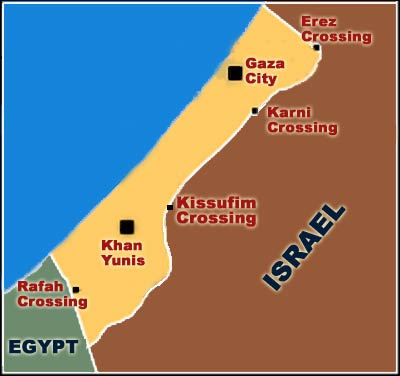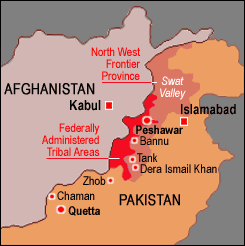Caroline Stauffer: Venezuela Votes on Chávez for Life
As voters head to the polls in Venezuela this weekend, the larger-than-life persona of Hugo Chávez looms heavy over the proceedings—now, and potentially, for years to come. Venezuelans will vote on a referendum to abolish term limits, which would clear the way for Chávez to run for president indefinitely.
A close vote, leaning either in favor or against the referendum, would inconclusively answer the question of whether elected officials in the executive and legislative branches of government can seek reelection. Yet this is the likely outcome of the February 15 referendum, in which a simple majority of the population could further erode the tradition of single term limits in the country. Under Chávez, who was first elected president in 1998, Venezuela adopted the 1999 constitution that increased presidential term limits to two elected periods of six years.
A January poll by the Venezuelan firm Datanalysis found that 51 percent of the population supports amending the constitution to allow officials to seek reelection. The firm has compiled four polls since President Hugo Chávez announced the referendum last December. Two polls indicated a vote in favor of amending article 230 of the Venezuelan Constitution and two predicted an oppositional triumph in a “no” vote. During a panel discussion at the Council of the Americas in New York on Tuesday evening, Luis Vicente León, the director of Datanalysis, said the inconsistencies were unprecedented.
A similar referendum was narrowly voted down on December 3, 2007, and Chávez admitted defeat. But almost overnight, Caracas was covered with billboards threatening another referendum with the phrase “por ahora” (for now). The battle had been lost, but not the war. Chávez says the re-vote is necessary now, just 14 months later, to allow him to stay in power and consolidate his socialist-inspired Bolivarian revolution, which will take at least 10 more years in his estimation.











